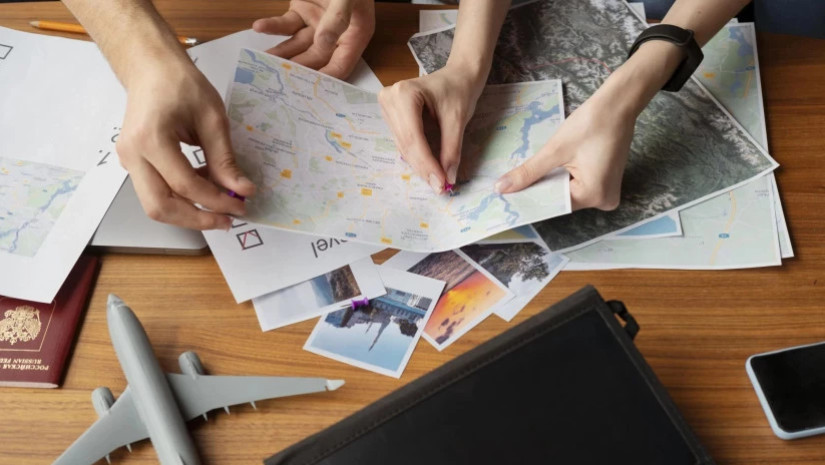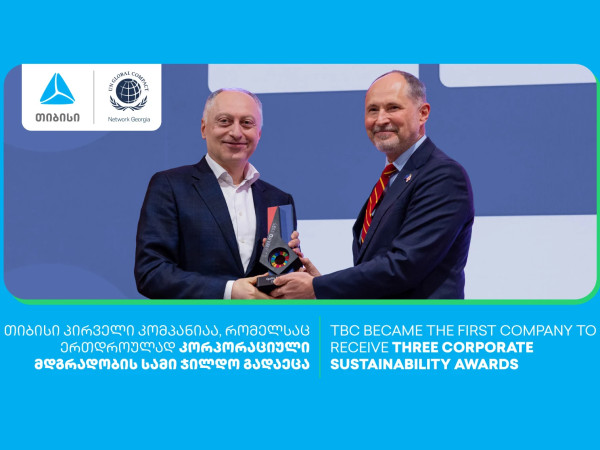A new global report by Trip.com Group in collaboration with Google reveals that travellers in 2026 will be driven less by destination checklists and more by deeper emotional, cultural, and technological connections. Titled Why Travel?, the report analyses booking data, search trends, and consumer sentiment to map out how and why travel decisions are evolving.
Drawing on Trip.com Group’s global reservation intelligence and Google’s real-time search insights, the report identifies five major trends shaping travel behaviours globally – many of which hold implications for the hospitality and travel trade sectors.
1 Travel as Expression
Social influence is playing an increasingly central role in travel planning, particularly in Asia. In Thailand, Indonesia, and India, over 75% of users watch travel-related livestreams. Between 40% and 76% of these viewers are likely to book directly through livestream links, making social content a transactional tool, not just inspiration.
2. Travel with Purpose
Travellers are looking for more than sightseeing. Curiosity and cultural immersion are driving interest in local rituals and heritage. Google reports a 53% year-on-year surge in searches for “Japanese tea ceremonies,” indicating a growing demand for depth and authenticity in travel experiences.
3. Travel to Heal
Wellness tourism is merging physical activity with luxury relaxation. Bookings and searches for hybrid experiences such as “golf & spa resorts” (+300%) and “ski & spa” holidays (+250%) have skyrocketed, as consumers seek balance between exertion and indulgence.
4. Travel to Connect
Group travel, fan-based tourism, and multigenerational trips are seeing strong growth. Two-thirds of global travellers are willing to travel internationally for concerts, while “endurance tourism” linked to running, cycling, and Hyrox events has increased fivefold, reflecting the growing role of community in trip planning.
5. Travel of Tomorrow
AI is becoming a key co-pilot in travel decisions. Searches such as “help planning my trip” are up +190% YoY. Google’s tools – like Gemini, Search AI Mode, and Translate – are increasingly used by consumers, while platforms like Trip.com Group integrate AI to deliver customised, scalable planning tools (e.g. Trip.Planner).
“Travel in 2026 will be more than movement; it’s about meaning. At Trip.com Group, we are seeing travellers fly across the globe for fitness events, discover cities through local food scenes, and make booking decisions driven by social influence. By working with Google, we uncover the cultural shifts that explain not just where people go, but why they travel,” said Han Feng, Vice President of Trip.com Group.
“We’re seeing a clear shift in how and why people explore the world, seeking deeper purpose, richer connections and experiences enhanced by technology. Google’s AI tools like Gemini, AI Mode on Search and Google Translate are emerging as travel collaborators to help people plan and make decisions. AI is an essential tool also for the industry, enabling partners like Trip.com Group to capture the immense opportunities that lie ahead in 2026 and beyond,” said Joyce Zhang, Managing Director, Greater China LCS Specialists team, Google.
This report signals a transition towards emotionally intelligent, community-led, and tech-enabled travel. For destination marketers, hospitality operators, and travel agencies, the shift means prioritising content-driven engagement, offering wellness and culture-rich experiences, and adopting AI for personalised planning and guest service.
As Trip.com Group expands its concert travel packages and enhances AI-powered solutions, the sector can expect the next wave of traveller growth to come from those seeking authenticity, self-expression, and connectedness – all underpinned by digital simplicity.


















